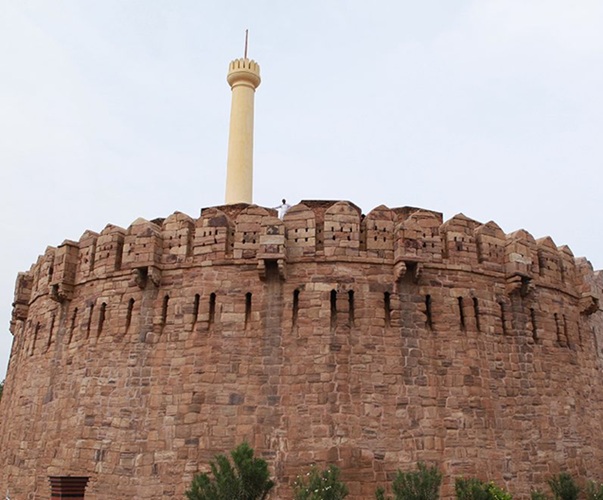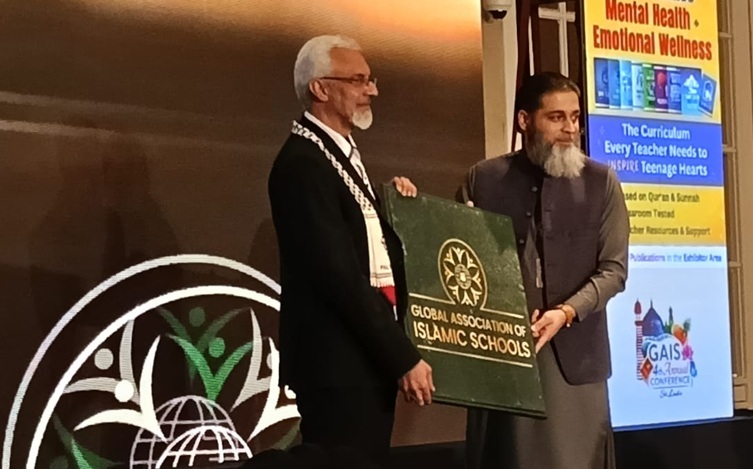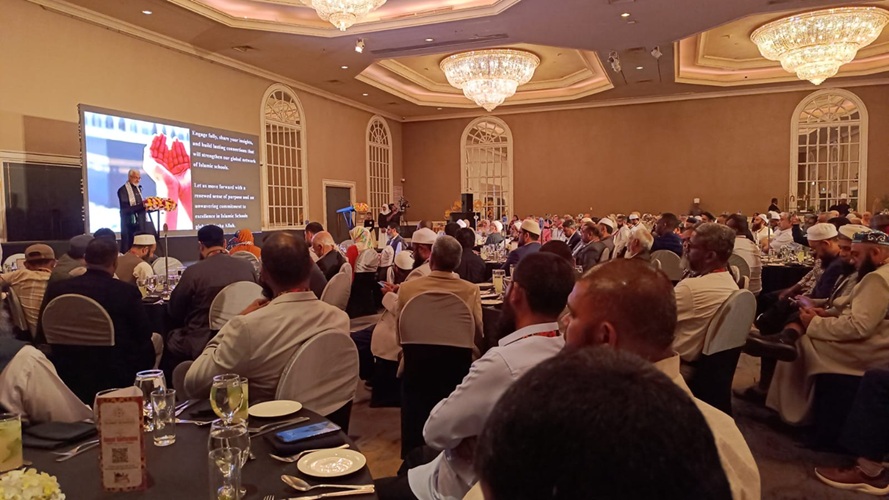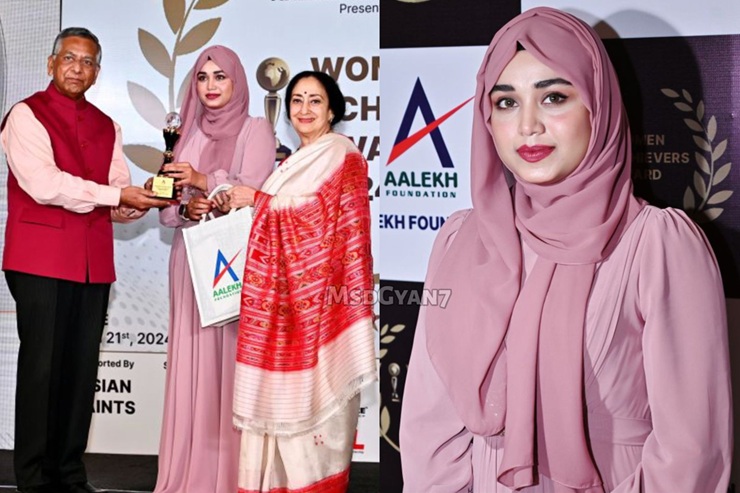Maeeshat News Network | Kurnool
Kurnool, a historic district in the Rayalaseema region of Andhra Pradesh, serves as a gateway to understanding the evolving educational dynamics in southern India. Once the capital of Andhra State from 1953 to 1956, Kurnool today grapples with developmental challenges, including education, amid a backdrop of rural-urban divides and socioeconomic disparities. With a population exceeding 4 million as per the 2011 census, the district’s literacy rate stands at approximately 59.97%, below the state average of around 67.35%. This figure highlights persistent issues such as low enrollment in higher education, especially among marginalized communities, and infrastructural gaps in rural areas. However, amid these challenges, Muslim institutions have emerged as pivotal players in fostering educational access and community empowerment, contributing significantly to societal upliftment through targeted programs and inclusive initiatives.
Kurnool’s educational ecosystem encompasses a mix of government, private, and minority-run institutions, ranging from primary schools to universities. The district hosts over 600 colleges and numerous schools, reflecting efforts to expand access. Key higher education institutions include the Indian Institute of Information Technology, Design and Manufacturing (IIITDM) Kurnool, Rajeev Gandhi Memorial College of Engineering and Technology, and Rayalaseema University, which offer programs in engineering, management, and sciences. On the school front, government junior colleges like Govt Junior College (Boys) Kurnool and private entities such as Vasavi Mahila Kalasala cater to secondary education.
Despite these advancements, challenges persist. Rural areas face a “conundrum of literacy and skills,” where population growth outpaces educational infrastructure, leading to high dropout rates and skill mismatches. The district’s literacy rate has shown gradual improvement from 54% in 2001, but disparities remain stark, particularly for females (49.78%) and socioeconomically disadvantaged groups. Enrollment in higher secondary grades is uneven, with gross enrollment ratios lagging in underrepresented communities. Initiatives like those from NGOs such as Vibha aim to transform rural education, focusing on English literacy and foundational skills in villages like Kanimerla. Overall, while Andhra Pradesh strives for universal literacy, Kurnool’s scenario underscores the need for inclusive strategies to bridge gaps in access and quality.
The Role of Muslim Institutions in Uplifting Societies
Muslim institutions in Kurnool play a crucial role in addressing educational inequities, particularly for minority communities, which constitute a significant portion of the population (with Urdu as a major spoken language at 15.21%). These institutions not only provide formal education but also foster social mobility, economic empowerment, and cultural preservation. By offering affordable or free education, coaching for competitive exams, and support for Urdu-medium students, they help mitigate barriers like poverty, early marriage, and gender discrimination.
A key player is the Centre for Educational Development of Minorities (CEDM), established in 1994 and operating a regional center in Kurnool at Osmania College Campus. CEDM implements government schemes for minorities, including Muslims, through programs like NEET coaching, Group 2 exam training, and specialized support for Urdu-medium students. These initiatives include bilingual study materials, faculty assistance, and career guidance, aiming to level the playing field and build confidence among minority youth. By evaluating and developing policy frameworks, CEDM contributes to broader community upliftment, enhancing access to professional opportunities and promoting inclusivity.
Islamic schools and madrasas further bolster this effort. Prominent ones include Madrasa E Farooqiah, Jamia Nizamia, Azaan International School, Islamia Model High School, and Spring Fields School, which emphasize quality education infused with Islamic values. These institutions often serve underprivileged sections, providing holistic development that combines academics with moral education, thereby aiding in societal integration and reducing dropout rates among Muslim children.
Organizations like the Students Islamic Organisation (SIO) Andhra Pradesh actively engage in advocacy and events, such as the “Intellectuals & Professionals Meet” under the Andhra Education Movement in Kurnool. These gatherings discuss the current educational situation, the role of professionals in student upliftment, and utilizing institutions for community development, fostering innovative approaches to academic excellence.
Impact on Muslim Girls and Broader Community
A focused study on Muslim girls in Kurnool reveals the transformative potential of these institutions. Challenges like early marriage (affecting 80.3% of respondents) and economic barriers are significant, yet professional education is seen as a pathway to social mobility (92.3% agreement) and economic empowerment (92.0%). Urban areas show better access, with reduced gender discrimination and religious support for education, as Islam is viewed as equitable (90.3%). Institutions addressing these through scholarships and infrastructure can enhance equity, leading to greater participation of Muslim women in national development.
Broader impacts include reduced child labor and improved literacy among Muslims, who historically lag in elementary education in districts like Kurnool. By promoting cultural empowerment and shifting community perspectives, these institutions contribute to sustainable societal progress.
Kurnool’s educational scenario, marked by progress amid challenges, is enriched by the dedicated efforts of Muslim institutions. Through targeted education, coaching, and community engagement, entities like CEDM and local Islamic schools are instrumental in uplifting marginalized societies, fostering empowerment, and bridging divides. As Andhra Pradesh advances toward higher literacy and inclusivity, strengthening these institutions will be key to realizing equitable development for all.






0 Comments